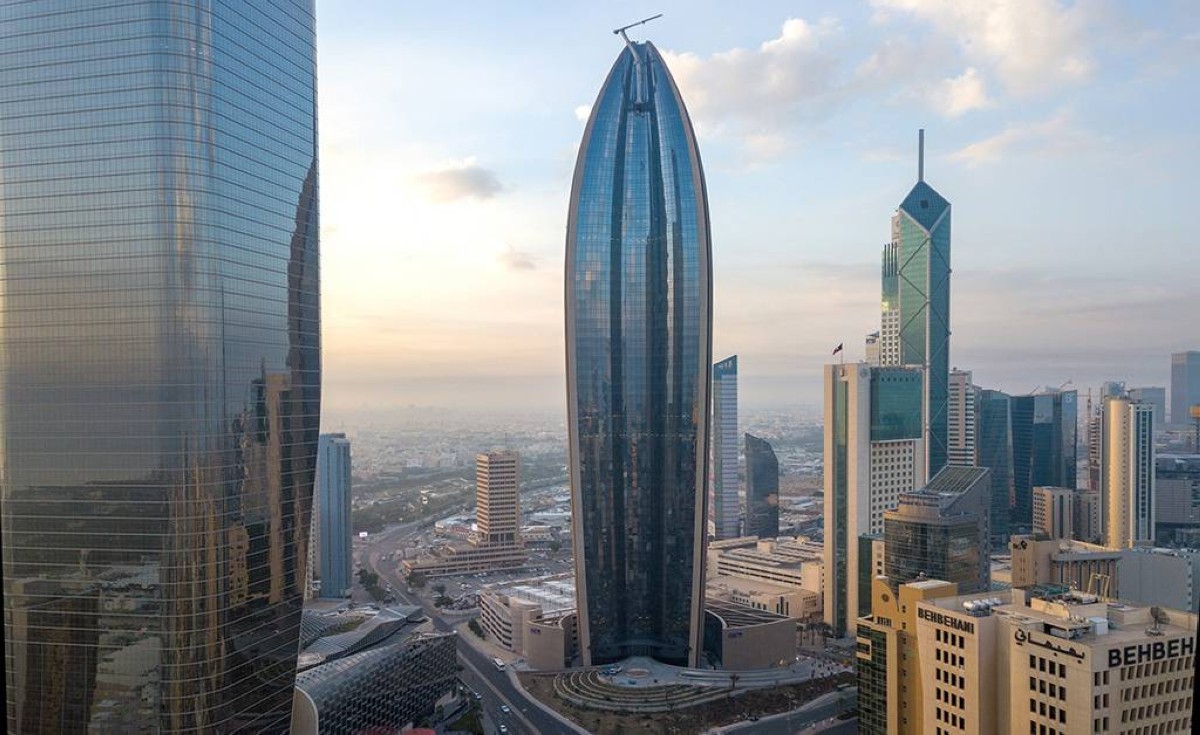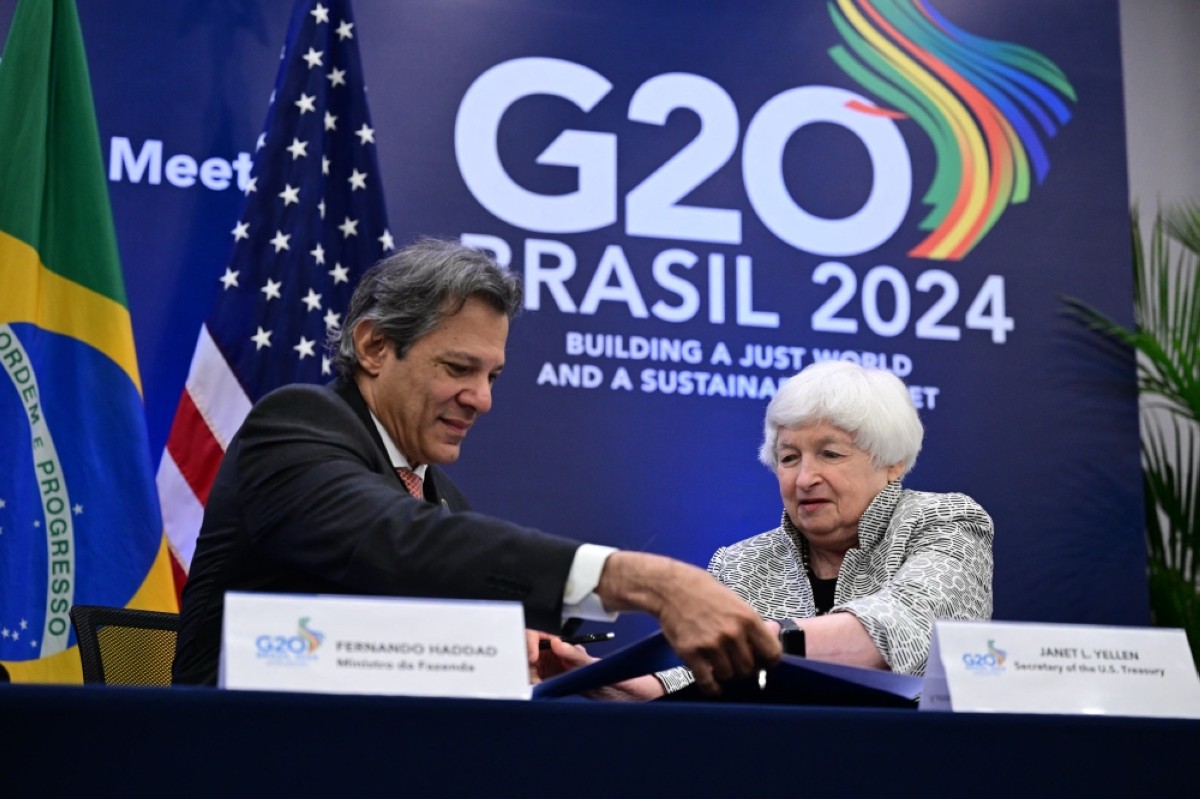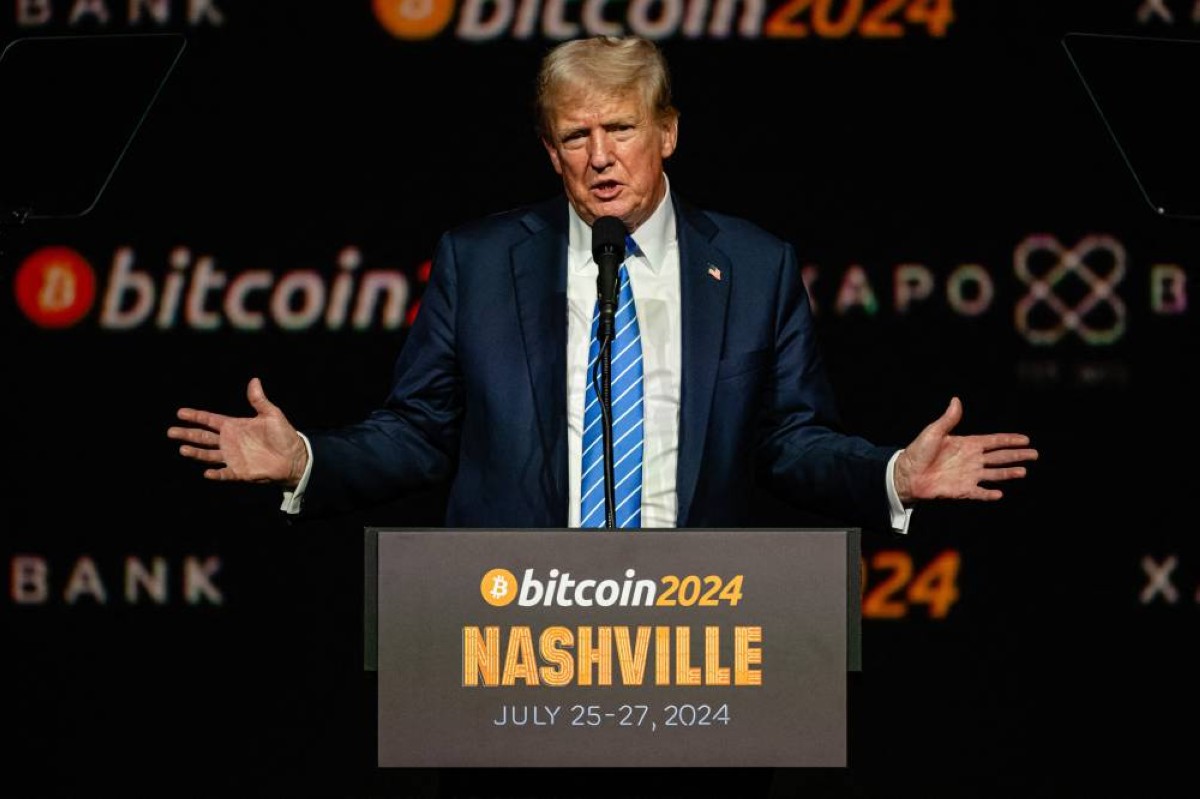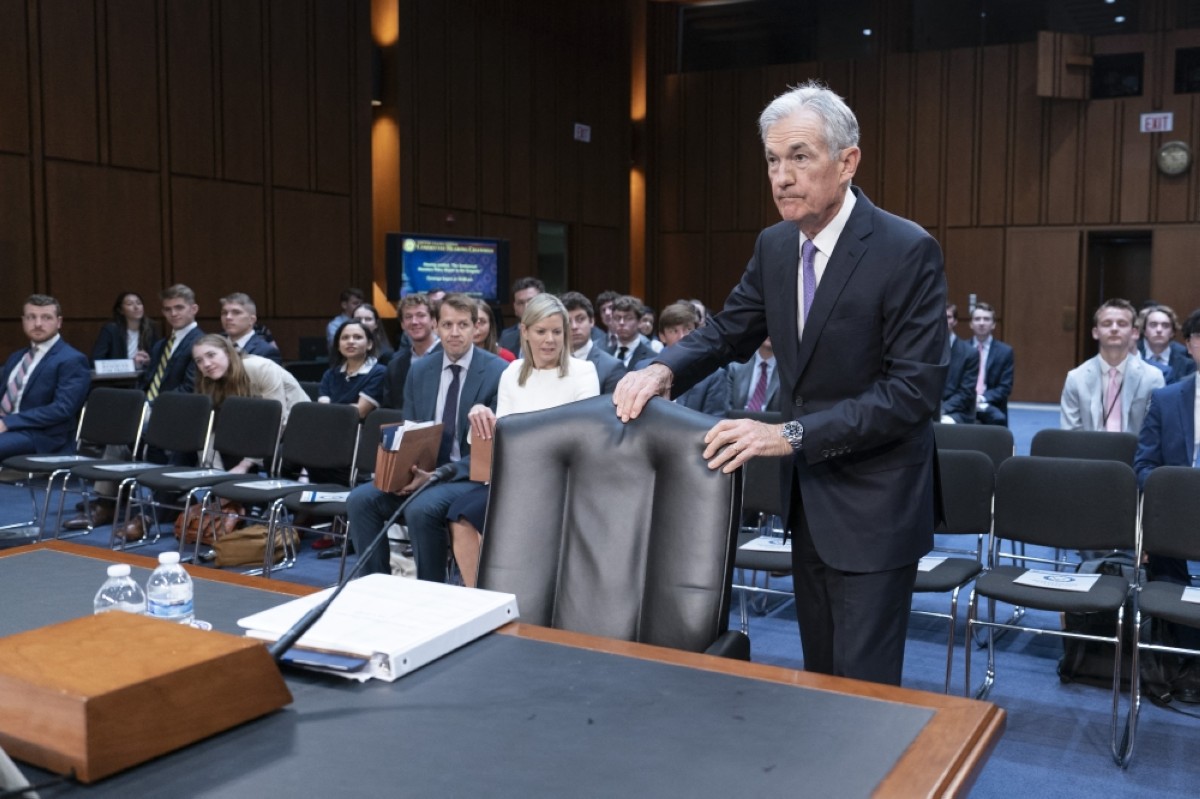Fighting with Israel sends negative ripples into Lebanese economy
Interview by Fawaz Al-Otaibi BEIRUT, March 18 (KUNA) -- Jitters emanating from the fighting across southern Lebanon have cast shadows on the internal social and economic conditions that started to rebounded favorably recently triggering short-lived hopes for recovery.
The hopes emerged last summer when the tourist sector witnessed some prosperity but they have been dashed since October 7, when Hamas launched "Al-Aqsa Flood" operation prompting Israel to launch an all-out war on Gaza while engaging in tit-for-tat hostilities with the Lebanese resistance in southern Lebanon.
Mohammad Shuqair, the head of the economic associations, said in an interview with KUNA that the private sector started in 2023 "to gradually exit the economic crisis that began in 2019," and last summer's tourist season was better than the previous annual seasons.
However, the security ramifications of "Al-Aqsa flood" operation have negatively affected the economic and tourist activities in the country, Shuqair said.
Shuqair indicated that the economic conditions could have gotten worse without remittances from the Lebanese immigrants abroad and some contributions by the domestic private sector. He indicated that the local industrial sector had witnessed some recovery with establishment of 780 factories between 2022 and 2023. Most of the new projects are in the food sector and there are currently 11 macaroni factories.
Mentioning other positive signs, Shuqair revealed that locally made products had accounted to 30 percent of the domestically traded commodities. "But now the situation has changed and 60 percent of the products in the markets are locally made," he said, indicating that demand for the local products was due to low prices.
Hotels and tourism have been badly affected by the war in Gaza and the south, he said.
Shuqair said, "Absence of the GCC tourist" has affected the economy that also depends on exports of food and agricultural products to the Gulf countries, in addition to some investments from the Gulf.
He has opined that Lebanon, for luring external investments, needs an effective and credible banking sector, issuance of new legislations and upgrading tariffs and overhauling the judiciary.
Shuqair expressed hope there would be election of a new president for such a step would restore the Arabs' confidence in Lebanon.
Asked whether there was a plan to avert further deterioration, Shuqair said the economic associations delivered a 15-year plan designed to preserve rights of the depositors at the banks. Any economic plan should be based on securing the depositor's right, specifying the responsibility of each stakeholder, namely the state, the central bank and the banks, in addition to the depositors who should bear part of the debts." He was apparently alluding to "the hair cut" approach that had been declared by the former governor of the central bank Riad Salameh, whose mandate ended with drastic fall of the pound value (from 1,500 to the USD to some 90,000).
Shuqair said the economic authorities have played a pivotal role in averting total collapse of the economy. Since 2020, they have worked for amending some commercial laws and canceling random taxes.
In Lebanon, there are two economies, one legitimate and the other illegitimate, he said, adding that the legitimate economy's volume is in the range of USD 22 billion, "but that of the illegitimate economy is much larger." (end) fz.rk.











